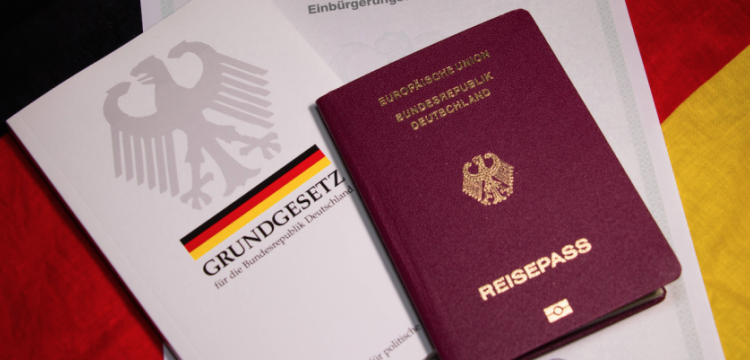Kenyans stand to reap the benefits of a recent German directive which has eased citizenship requirements. The directive marks the abolishment of a prohibition that previously prevented migrants from holding dual citizenship in Germany.
The new directive extends eligibility for German citizenship to non-European Union (EU) citizens, broadening the scope beyond the previous allowance limited to Swiss and EU citizens. Simultaneously, the country has revised naturalization laws for non-EU citizens.
Under the updated regulations, non-EU citizens who previously had to wait eight years to apply for citizenship are now eligible to do so after five years. The Federal Parliament emphasized that the reform process began in 2021 when the center-left coalition of Social Democrats (SPD), Greens, and the neoliberal Free Democrats (FDP) assumed office.
As part of the initiative to streamline the citizenship process, children born in Germany to at least one parent legally residing in the country for five or more years will automatically acquire German citizenship. Furthermore, immigrants aged 67 and above will have the option to undergo an oral instead of a written German language test.
German Chancellor Scholz explained that the intention behind these changes is to align the nation with global standards in the international labor market, citing countries like Canada and the United States as benchmarks. Scholz emphasized, “With the new citizenship law, we are saying to all those who have often lived and worked in Germany for decades, who abide by our laws, who are at home here: You belong to Germany.”
Despite the reforms, data from the German Agency for International Cooperation indicates that only four percent of Kenyans choose Germany as their preferred destination for immigration. Additionally, the data reveals that slightly over 14,000 Kenyans were residing in Germany by the year 2023.


















